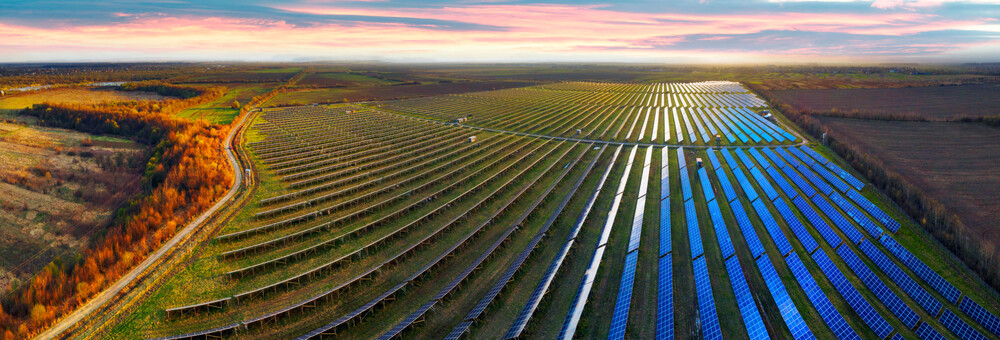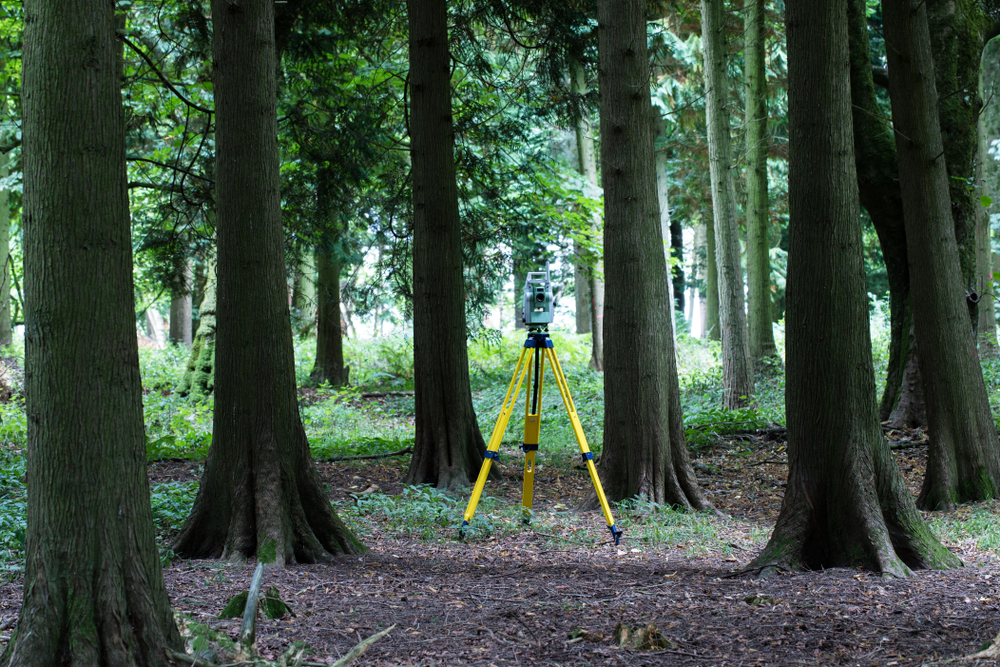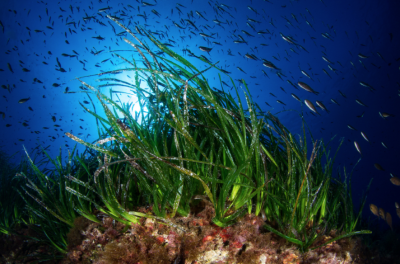As Earth Day approaches this month, it seems like a fitting time to shine a spotlight on the often-overlooked role of surveying professionals in environmental conservation. While surveying may be traditionally associated with land development and construction projects, the profession plays a vital role in safeguarding the environment and promoting sustainable practices. In fact, surveyors contribute to the protection of our planet's natural resources and ecosystems, making a positive impact on Earth Day (and every day).
Surveyors are at the forefront of mapping and monitoring ecosystems, providing crucial data that informs conservation efforts and land management strategies. They generate detailed maps of terrain, vegetation, and water bodies with on the ground, aerial and even UAV surveys. These maps not only aid in identifying environmentally sensitive areas but also help in assessing habitat quality, monitoring biodiversity, and tracking changes over time.
By accurately documenting the geographical features of ecosystems, surveyors enable scientists and policymakers to make informed decisions regarding land use planning, habitat restoration, and protected area management. Their work contributes to the preservation of vital habitats, endangered species, and ecological processes, ensuring the long-term health and resilience of our planet's diverse ecosystems.
Supporting Renewable Energy Projects

In the transition towards a more sustainable energy future, surveyors will also play a crucial role in the development and implementation of renewable energy projects. Whether it's siting solar farms, wind turbines, or hydroelectric facilities, surveyors provide essential expertise in assessing site suitability, conducting topographic surveys, and navigating regulatory requirements.
Through their work, surveying professionals help minimize the environmental impact of renewable energy infrastructure while maximizing its efficiency and effectiveness. By identifying optimal locations for energy generation and minimizing disturbances to sensitive habitats, they contribute to the expansion of clean energy sources and the reduction of greenhouse gas emissions.
Protecting sensitive coastal areas
Coastal areas are among the most dynamic and ecologically valuable ecosystems on Earth, and surveyors play a crucial role in their preservation through coastal surveying and bathymetry. Using advanced sonar technology and bathymetric surveys, surveyors map the underwater topography of coastal regions, including seabed features, coral reefs, and submerged habitats.
These surveys provide essential data for coastal zone management, marine spatial planning, and habitat conservation initiatives. By accurately mapping coastal features and monitoring changes in bathymetry over time, surveyors help identify erosion hotspots, assess the impact of sea-level rise, and inform coastal infrastructure projects such as ports, harbors, and offshore wind farms.
Surveyors are instrumental in promoting responsible land management practices that prioritize environmental conservation and sustainability. From conducting boundary surveys for protected areas to assessing land suitability for sustainable agriculture, they provide valuable insights that support landowners, government agencies, and conservation organizations in making informed land management decisions.
Through surveys, land use planning, and spatial analysis, surveyors help prevent land degradation, soil erosion, and habitat fragmentation. By ensuring compliance with environmental regulations and best practices, they mitigate the negative impacts of human activities on the environment and promote the wise stewardship of natural resources for future generations.
As we celebrate Earth Day, I think it’s worth recognizing the invaluable contributions of surveying professionals to environmental conservation and sustainability. From mapping ecosystems to supporting renewable energy projects, conducting coastal surveys, and promoting responsible land management, their expertise and dedication play a vital role in protecting our planet's precious resources and ecosystems.






